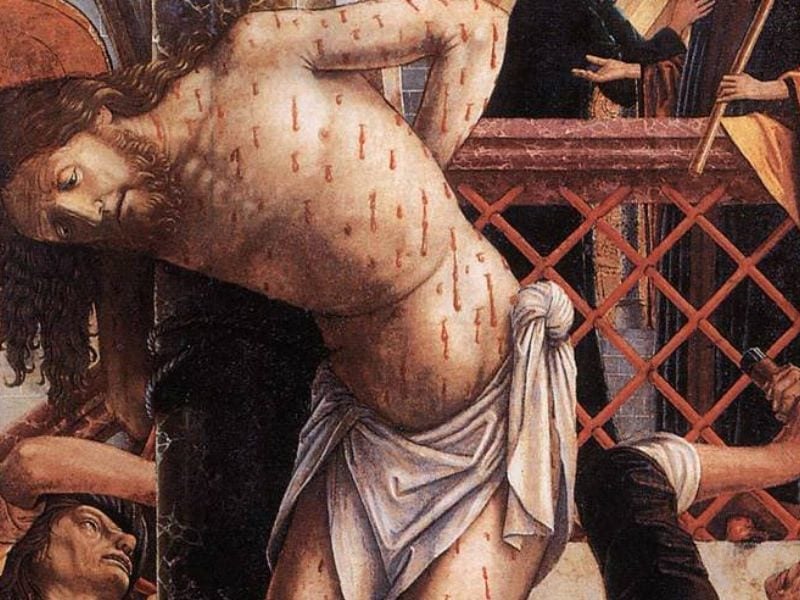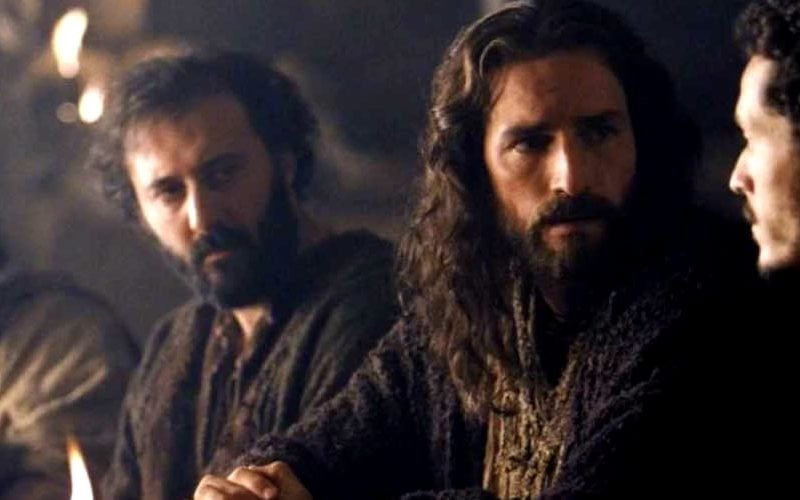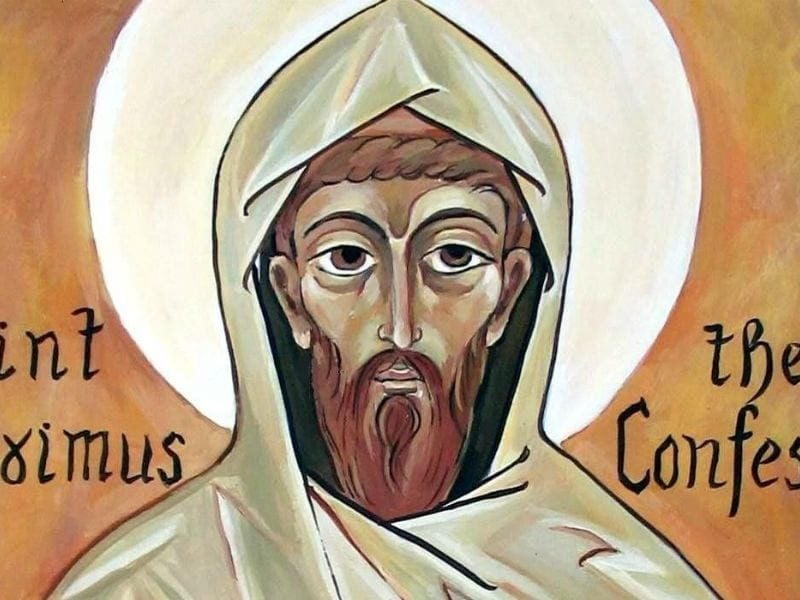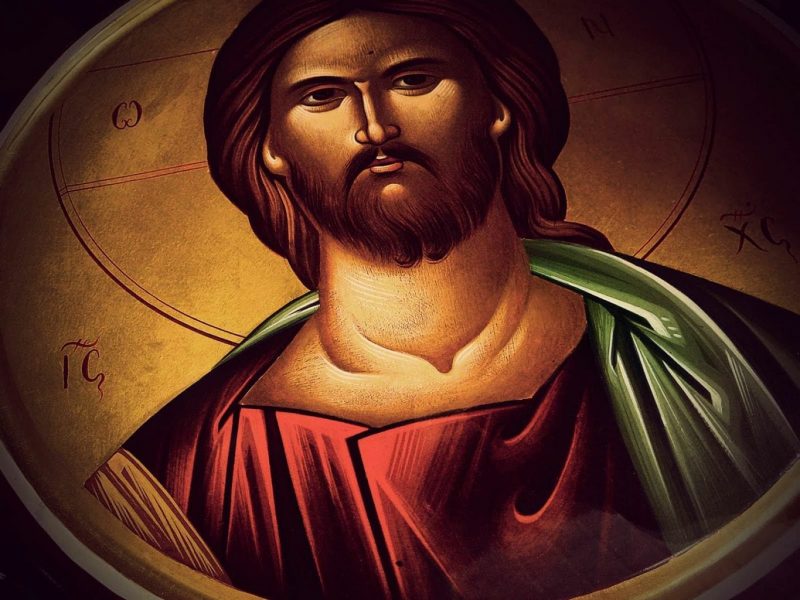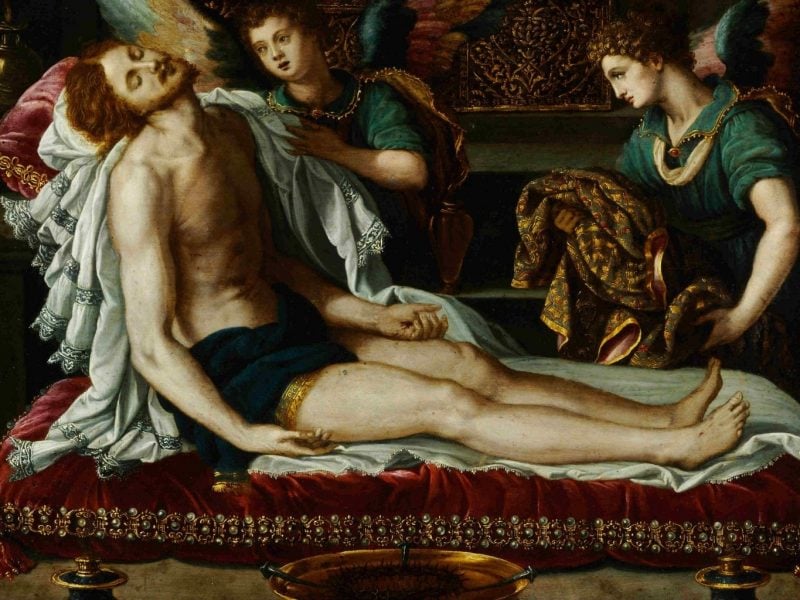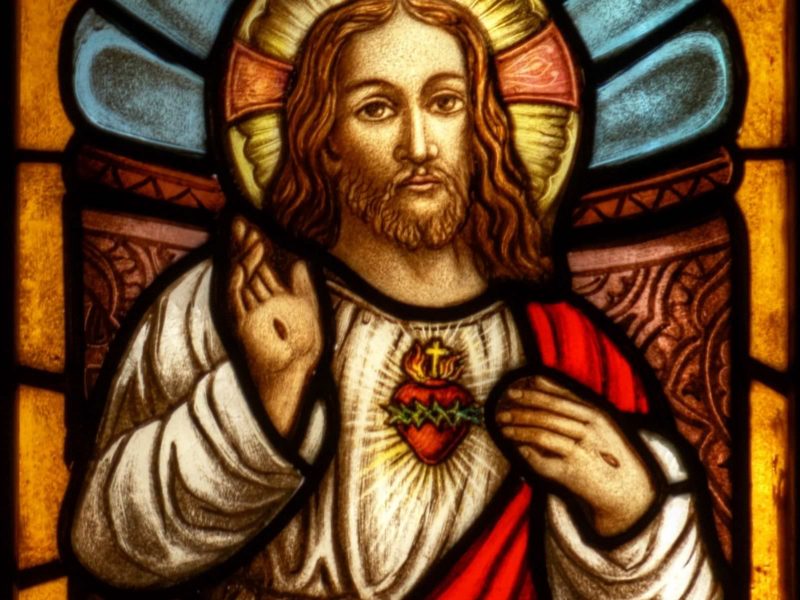True Repentance of Sin – Second Century Homily
This excerpt from a homily written in the second century by an anonymous Early Church Father speaks of true and sincere repentance of sin. His insistence that we must "keep the seal of our baptism undefiled" shows that the "once saved, always saved" doctrine...



